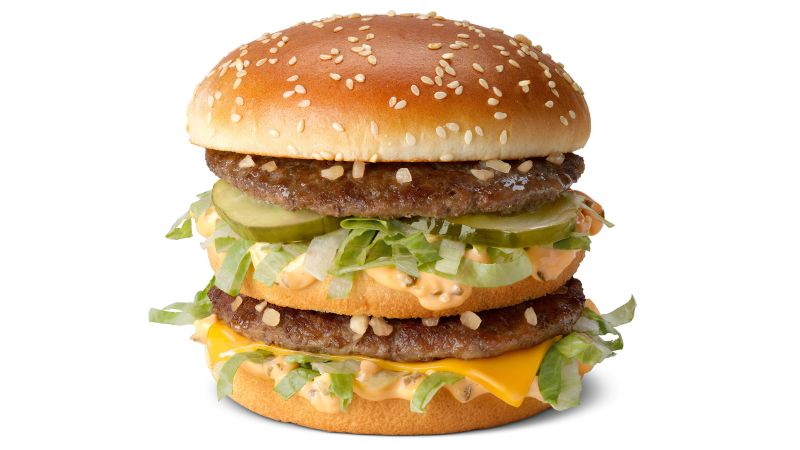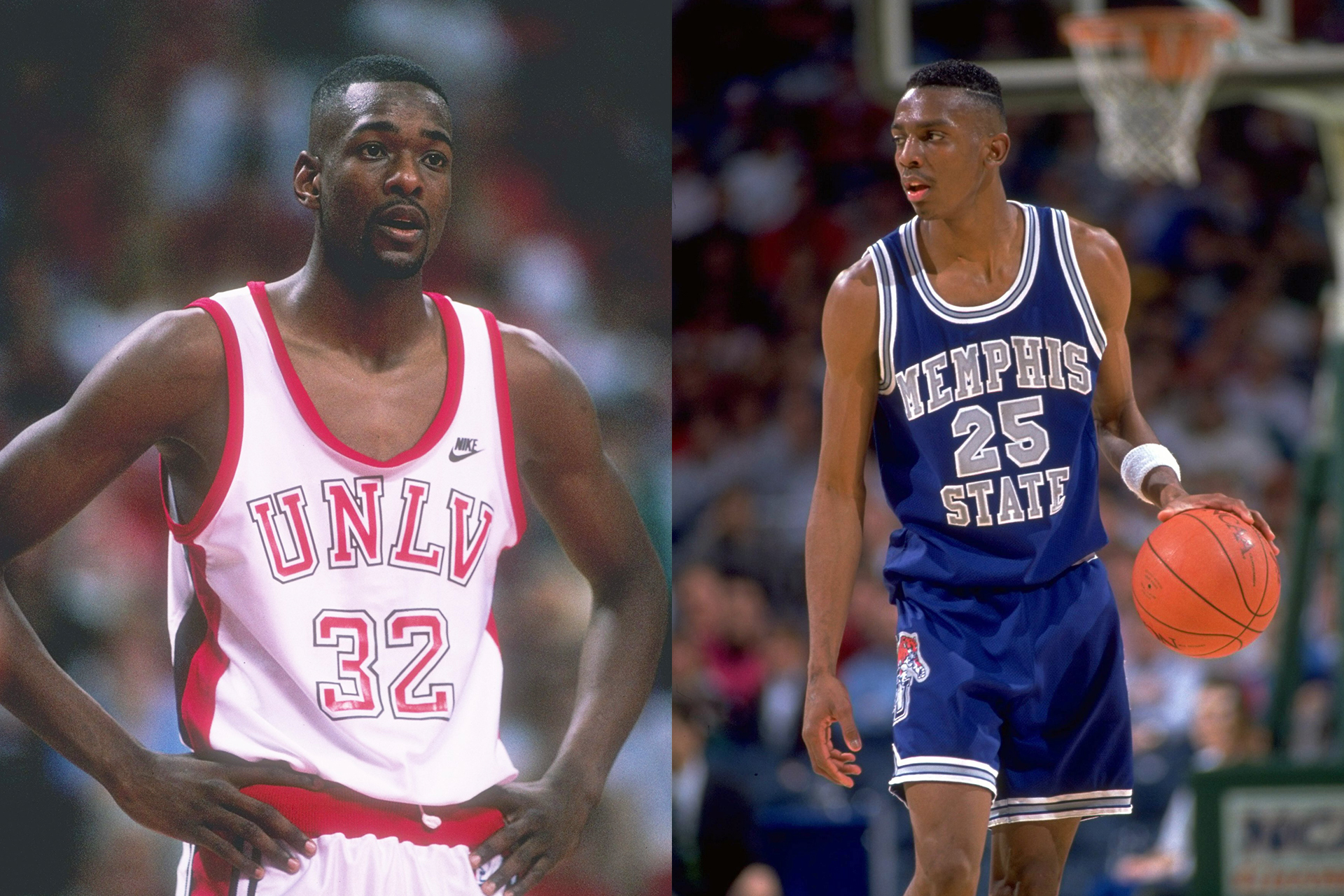The speed with which we reach a decision can reveal the strength of our biases
David Williams/Bloomberg via Getty Images
In a large group of independent decision-makers, those who reach a decision most quickly also tend to be those with the strongest initial biases. The finding comes from a mathematical model of decision-making that could be applied broadly across biology.
“Many decision-making models in economics assume that people make a decision based on one or two pieces of information, but I think these models have to be expanded,” says Krešimir Josić at the University of Houston in Texas.…



















Discussion about this post